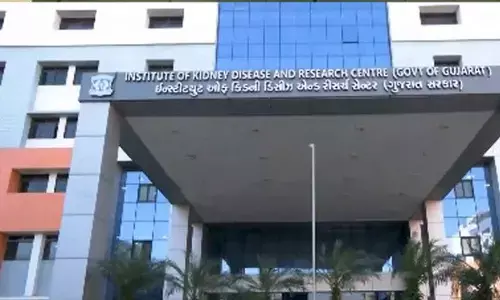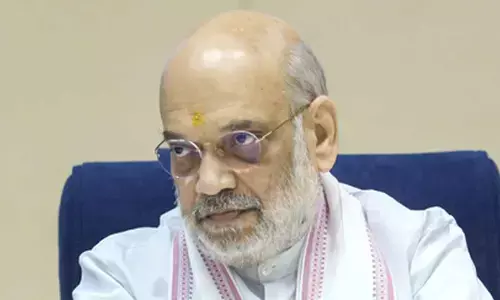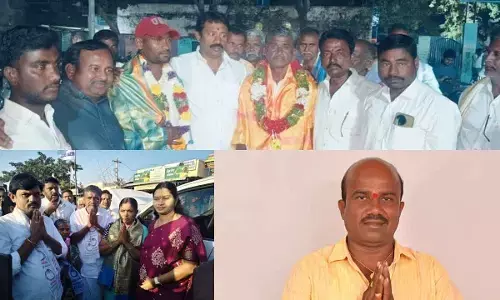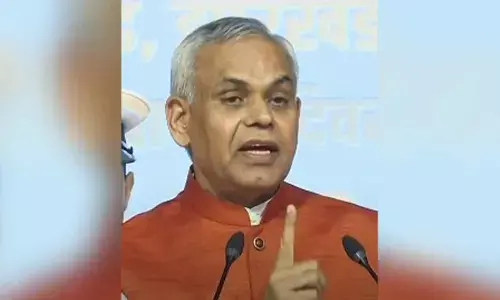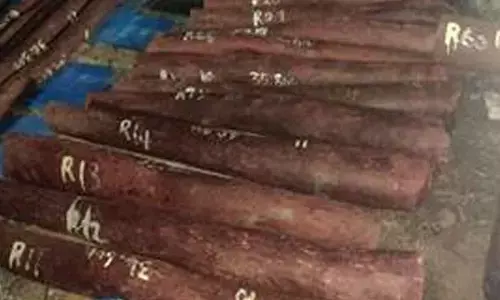Increasing incidence of aggressive cancers in Indian women
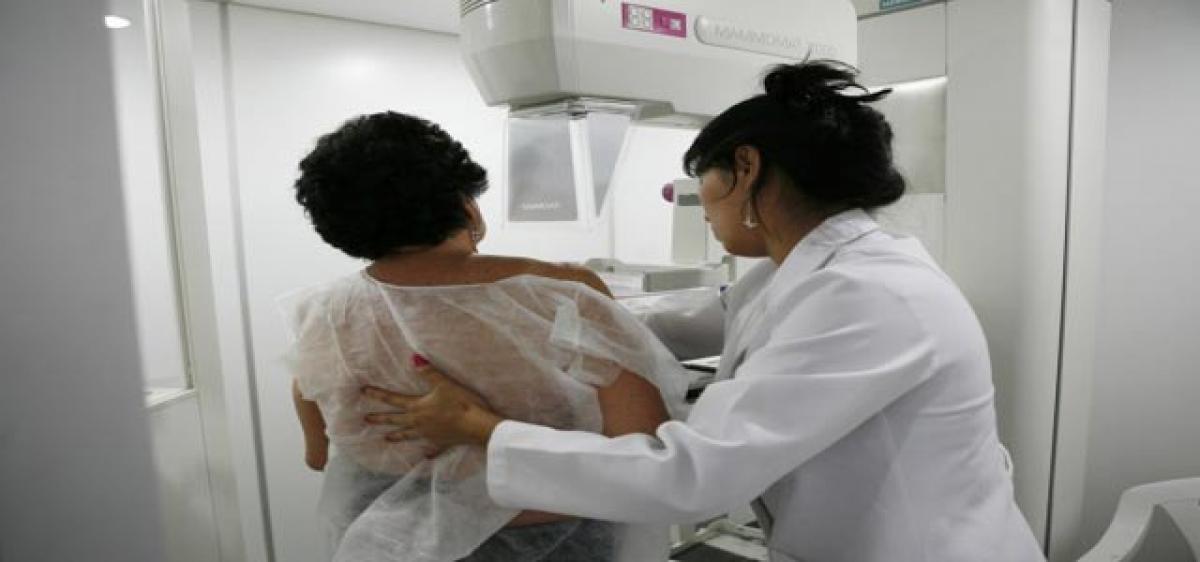
Breast cancer is today the leading cause of cancer-related deaths in Indian women. Cancer specialists say not only is breast cancer incidence increasing in the country, but cases of more aggressive cancers that are difficult to treat are also on the rise.
Breast cancer is today the leading cause of cancer-related deaths in Indian women. Cancer specialists say not only is breast cancer incidence increasing in the country, but cases of more aggressive cancers that are difficult to treat are also on the rise. “The shifting epidemiology of breast cancer in India is a matter of concern and demands greater research and analysis to determine its causes and consequences.
There is consensus among the medical community that as compared to 10 years back, the numbers of patients reporting breast cancer has increased, their median age has decreased and the incidence of more aggressive cancers, especially triple negative breast cancer has also increased,” says Dr P S Dattatreya, Consultant Medical Oncologist, Omega Hospitals, Hyderabad.
Triple-negative breast cancer refers to the breast cancer that does not express the genes for estrogen receptor, progesterone receptor (PR) or Her2/neu. “This means that it is not driven by any of these factors and hence does not respond to treatment targeting these. Since most targeted therapies and chemotherapies usually target one of these three receptors, triple negative breast cancer is much more difficult to treat.
We have seen a rise in number of patients reporting this type of cancer. More often than not relatively younger women (those under 50 years of age), are diagnosed with more aggressive cancers,” adds Dr Dattatreya. It is disheartening to note here that the survival rates for younger women are actually lower that older women because the former tend to have more aggressive cancers that grow rapidly, are more invasive and have poor prognosis.
“In a number of cases, patients who report such aggressive and invasive cancers have a mutation in BRCA 1/BRCA 2 genes. These genes in normal cells have a tumor suppressing ability; however, when in people who carry a mutation in these genes, risk of breast and ovarian cancers is significantly high. People who have more than one cancer patients in their families are recommended to undergo a genetic test for gene mutation.
Knowing whether they carry a mutation or not helps them be better prepared to deal with the disease,” says Dr Dattatreya. While genetic predisposition is the main cause of breast cancer, the risk of the disease is also magnified by a number of lifestyle factors. These lifestyle factors responsible for rising breast cancer incidence in India include adoption of western lifestyles involving excessive smoking, drinking, and sedentary habits; delayed age of marriages and child birth for women; late age of first term pregnancy or no pregnancy (nulliparity); reduced durations of breast feeding or no breast feeding as well as late menopause.
Pregnancies and breast feeding are mitigating factors as they reduce the risk of breast cancer. More number of pregnancies, longer duration of breast feeding are breast friendly factors. Similarly, physical inactivity, obesity and sedentary lifestyles are other major causes of increasing breast cancer incidence.
The good news is that survival rates have improved in recent years due to the availability of highly improved therapies and treatment protocols and adoption of a multi-disciplinary approach to treatment has helped a lot. In fact the survival rates in developed countries such as the US, Japan and Sweden are more than 80 per cent. In western countries, regular screening programs have succeeded in early identification and treatment of a large number of women.
“Today, it is possible to successfully prolong the life of a patient using a multi-dimensional approach to treatment, especially if the disease is diagnoses in stage 1 or stage 2. Targeted therapies and new drugs such as Trastuzumab have provided a more comprehensive approach towards treating difficult cancers. However, late diagnosis remains a major challenge in India and survival rates here are among the lowest in the world. More than 60 per cent of patients are diagnosed in stage 3 or 4 by when the cancer has spread to more than the immediately affected region (locally advanced breast cancer) and is no more curable,” points Dr Dattatreya.
Most patients who are suffering from highly treatable cancers also lose out the battle because of late detection. Absence of a community based screening program in India puts the onus on individuals. Unfortunately, the number of cases will further increase in the coming years because of a series of lifestyle factors discussed above.
Breast cancer can be defeated by staying alert
Almost half of the breast cancer deaths in India can be preventable if the disease is presented on time. Regular screening not only saves lives by diagnosing the disease at an early stage, but also allows doctors to undertake less toxic and less disfiguring treatments:
- Monthly self examination starting at 25 years of age: Once in a month after completion of menstrual bleeding, it is recommended that you conduct a self examination to rule out any lump, or change in shape of your breast area.
- Clinical breast examination is recommended every 3 years after one turns 25
- Clinical Breast Examination with mammography yearly after the age of 40 years.
Undergo genetic testing for BRCA 1/BRCA 2 genes if more than one family member has been diagnosed with cancer. This will help you know your risk








